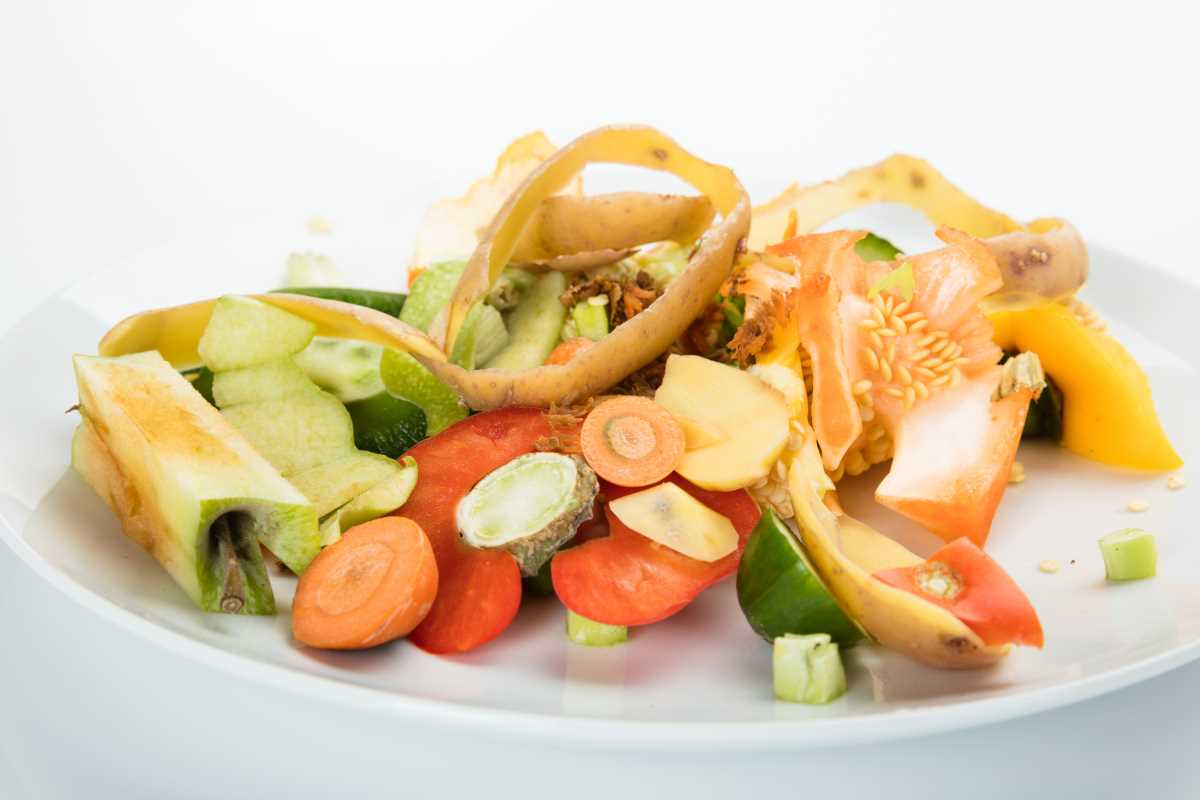Food waste is a major issue globally, but the good news is that each of us holds the power to make a change in our own kitchens. With a little creativity and a fresh perspective, cutting down on food waste can not only save you money but also spark joy in your cooking. Imagine transforming yesterday's leftovers into gourmet-inspired meals, giving scraps a second life, and using every last ingredient in ways you never thought possible. Sound fun? It sure is! Here's how you can reduce food waste with innovative and creative cooking techniques.
Turn Leftovers into Culinary Gold
Leftovers don’t have to mean sad, microwaved reheats. With a bit of ingenuity, they can be the start of something amazing.
- Reinvent Yesterday’s Dinner: That leftover roast chicken sitting in the fridge? It’s a ticket to multiple delicious meals. Shred it to make chicken tacos, toss it with greens and a homemade vinaigrette for a hearty salad, or layer it into a quesadilla. Even leftover pasta can find new life—turn it into a casserole with some veggies and cheese or fry it into crispy pasta bites (trust us, it’s incredible).
- Get Snazzy with Rice and Grains: Cooked rice or quinoa hanging out in your fridge? Fry it with some soy sauce, sesame oil, and whatever veggies you have on hand for an instant fried rice dish. You can also transform leftover grains into crispy snack patties by mixing them with egg, cheese, and herbs, then pan-frying them into golden crispness.
- Breakfast Revamp: Stale bread isn’t a lost cause—it’s future French toast or a fantastic base for bread pudding. Turn it into croutons for salads or grind it into breadcrumbs for coating chicken or vegetables. Leftover veggies and meat? Toss them into an omelette or frittata for a new breakfast creation!
Preserve Like a Pro
Beyond transforming leftovers, preserving food properly is a must to prevent it from going to waste. Plus, it opens a whole new dimension of culinary adventure.
- Pickling for the Win: Pickling isn’t just for cucumbers! Vegetables like carrots, radishes, and even leftover cabbage can be pickled. Simply soak your veggies in a brine made of vinegar, sugar, and spices for a tangy, flavorful addition to salads, sandwiches, or charcuterie boards. Bonus? Pickled veggies last for months in the fridge.
- Freeze It Before It’s Too Late: Got bananas going brown? Peel and freeze them for smoothies or banana bread later. Herbs wilting in the fridge? Chop them and freeze them in olive oil using an ice cube tray. Pre-freezing food on the brink of expiration extends its life, saves you money, and reduces waste. Smart freezing means fewer sad ingredient farewells.
- Dry It Out: If you've got excess fruits like apples or pineapples, slice and dehydrate them into healthy snacks. Herbs can also be air-dried or microwaved until crumbly, giving you flavorful seasonings ready for cooking later.
Food Scraps Deserve a Second Chance
The parts of food we often discard—like stems, peels, and cores—are filled with potential. Instead of tossing these scraps, they could become stars in their own right.
- Vegetable Broth Made from Love (and Scraps): Turn onion skins, carrot tops, celery leaves, and other odds and ends into a rich, flavorful vegetable broth. Just save these scraps in a bag in the freezer until you’ve got enough, then boil them with water, salt, and spices. You’ll have homemade broth for soups, risottos, and stews. No fancy store-bought cartons needed!
- Zest Before You Toss: Before tossing out citrus peels, zest them! Lemon, lime, and orange peels can be grated for flavor bombs in baked goods, marinades, or salad dressings. You can even freeze the zest for long-term use.
- Make Your Chips: Potato skins, carrot peels, and kale stems can be roasted into crispy veggie chips. Just toss them in olive oil, sprinkle with salt and spices, and roast at a high temperature. Voilà—healthy snacks from what might otherwise end up in the bin.
Compost What’s Left
Even the scraps and leftovers you can’t repurpose can still serve a purpose. Composting turns your food waste into nutrient-rich soil that can be used in gardens, houseplants, or even window box herbs.
If you live in an apartment or small space, countertop compost bins or bokashi systems allow you to compost without the mess. Soon you’ll not only prevent food waste but actively support reduced landfill emissions and healthier soil ecosystems.
Why Reducing Food Waste Matters
Cutting down on food waste is about more than just managing your fridge better—it has a ripple effect on your budget and the planet. Here’s how:
- Save Money: When you throw away food, you’re essentially throwing away money. Being resourceful stretches your grocery dollars further, giving you more value from your purchases.
- Environmental Impact: Food waste is a big contributor to greenhouse gas emissions in landfills. By repurposing and preserving food, you reduce your footprint and do your part for the planet.
- Creative Satisfaction: There’s something deeply satisfying about turning potential waste into something delicious. It pushes you to think outside the box and look at your ingredients as opportunities instead of limitations.
By transforming the way you look at food, you can create a kitchen practice that’s more sustainable, delicious, and exciting. Remember, the idea is to see the value in every ingredient, no matter how unconventional it may seem. Reducing food waste might feel like a responsibility, but it can be an adventure too!







